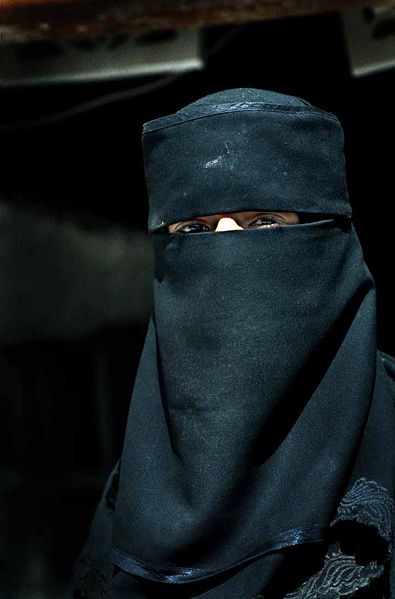In June the World Health Organization’s research has confirmed that more than one third of the world’s women are victims of physical and sexual violence.
In the regions of the Middle East, North Africa, South Asia this problem is particularly visible. Protests against President Mohammed Morsi in Egypt demonstrated that the concept of gender discrimination includes not only women’s inequality in the labor market. In the Middle East usual forms of discrimination are harsher, supplemented with violence, rape, or even murder.
Numerous challenges
According to the Islamic laws, a woman must always be helpful, humble, and her husband has the right to educate her “with fist” because of jealousy, not serving dinner on time, talking to people outside the family, or leaving the house without his blessing. These and other similar women’s “faults” can lead to man’s dissatisfaction which usually ends up with various forms of violence. For example, in Pakistan women are often harmed by sloping over sulfuric acid and this causes terrible consequences because most victims don’t have the possibility to seek help immediately.
Women become victims of other physical and psychological violence for even stranger reasons as well. In the Middle East and India the bride experiences oppression if she doesn’t have sufficient dowry as a gift to the man’s family. It sounds horrible, but sometimes for this reason the woman is even burned alive. Usually the suspects of the “dowry murders” aren’t arrested because of the lack of evidence, disguising it as a family event or suicide. Young girls are doomed to experience such man and woman relations, and early marriage. For the sake of loyalty, honor and chastity the genital of women is circumcised and removed in the early childhood. Despite the fact that this painful mutilation causes numerous health problems, it is considered to be a tradition, and genital circumcision is one of the most common forms of violence in Africa and the Middle East.
Violence against women is prevalent not only domestically when women is beaten, exploited or forced to have sexual intercourse. The sexual violence in the streets, especially in the areas of unrest is also quite common. For example, there were rapes and mutilation of women in Egypt’s protests. According to the BBC reports, these attacks have a clear strategy – a group of men surround a woman with guns. Such behavior is seen as a display of power for the opponents and the public. Paradoxically, when women become victims of violence in the streets, they receive no help in the family. It may even become a reason to kill her in order to restore the honor of her husband. When situation is like this, it is easy to believe the United Nations which says that woman at the age of 15-44 are more likely to suffer from violence than from cancer, an accident or suffer from war and malaria.
Consequences of violence are important to all of us
Violence and discrimination doesn’t allow women to participate fully in the social and political life. Even though women suffer from serious psychological and health problems, they are also forced to be quiet and do not report the violence because of threats, shame, fear, and the belief that nothing will change. All this leads to constant anxiety and increases cases of alcohol abuse and depression. The inability to protect women from sexual violence opens the way for sexually transmitted diseases, and two times raises unwanted pregnancies and abortion, as well as lead to the spread of HIV and AIDS. The victims become isolated, disabled, and vulnerable. Women make up half of the world’s population, so brutal treatment of them has social and economic consequences for the whole societies.
When women will be saved?
The world has already created and launched a number of programs to promote gender equality and reduce violence against women in various countries. These initiatives are joined by United Nations, World Bank, World Health Organization and others. In Egypt and India organized protests took place calling for stopping the violence and paying attention to women’s rights. Unfortunately, the attempts in that region to protect women rights legally are often stuck in “bypass” of laws, customs and traditions. Relationships in the public, including men and women, are defined in the Koran, and have remained as unquestioned words of God for many years. Therefore, the attempts to make women’s situation better attracted attention of clergy because the possible changes are seen as contradictory to faith.
Violence against women hides behind cultural and historical development of the country and lies in constant discrimination against women. The biggest problem arises when such behavior in the Middle East, South Asia or Africa is perceived as the norm in the society. The United Nations suggests that changing people’s mentality is a solution. The only question is whether such tactics will give visible results? When we see young men, only 21 years old, convicted of rape in Egypt, it seems that it will take more than a generation to change the perception of women in the Middle East.




